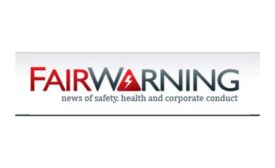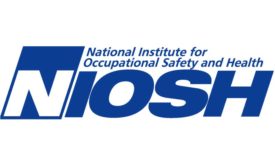News
A FairWarning Story
Staffing firm again cited for safety lapses after young temp worker loses fingers
July 18, 2019
A NIOSH Science Blog post
Venomous snakes: A neglected hazard for outdoor workers
July 17, 2019
Become a Leader in Safety Culture
Build your knowledge with ISHN, covering key safety, health and industrial hygiene news, products, and trends.
JOIN TODAYCopyright ©2024. All Rights Reserved BNP Media.
Design, CMS, Hosting & Web Development :: ePublishing









